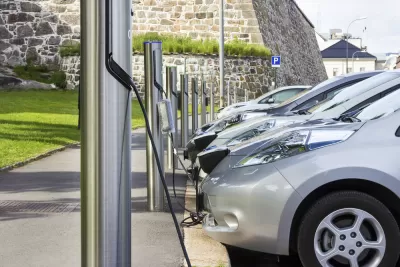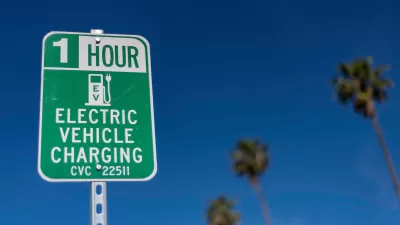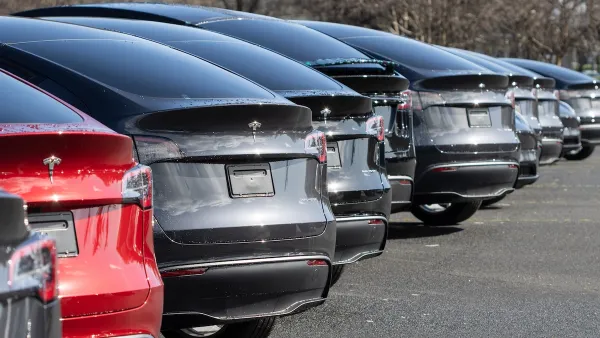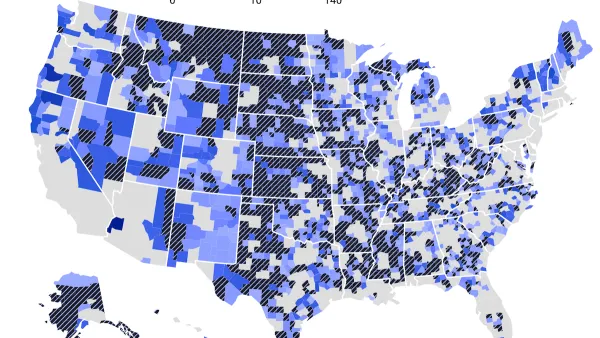"Range anxiety" is leading some consumers away from electric cars, but their fears are unfounded, according to a new study.

Nathan Collins reports the results of a new study published in the Nature Energy journal finding that relatively low-cost electric vehicles can handle 87 percent of daily driving needs.
The study effectively refutes the "range anxiety" (i.e., fear that electric cars can't travel far enough before needing a charge), considered a barrier to wider market acceptance of electric cars.
To answer the question of whether "range anxiety" stood up to rational scrutiny, Jessika Trancik, an associate professor of Energy Studies at the Massachusetts Institute of Technology, and fellow researchers "combined data from the National Household and Transportation Survey; GPS data from more than 117,000 individual drivers in California, Georgia, and Texas; and weather data, which gave the team a way to estimate how much air conditioning drivers used on their trips." The experiment relied on the Nissan Leaf—a relatively affordable model of electric car.
The researchers also argue for two "key innovations" that could pave the way for widespread adoption of electric cars.
FULL STORY: Electric Cars Are Way More Practical Than You Might Think

Planetizen Federal Action Tracker
A weekly monitor of how Trump’s orders and actions are impacting planners and planning in America.

Maui's Vacation Rental Debate Turns Ugly
Verbal attacks, misinformation campaigns and fistfights plague a high-stakes debate to convert thousands of vacation rentals into long-term housing.

San Francisco Suspends Traffic Calming Amidst Record Deaths
Citing “a challenging fiscal landscape,” the city will cease the program on the heels of 42 traffic deaths, including 24 pedestrians.

Amtrak Rolls Out New Orleans to Alabama “Mardi Gras” Train
The new service will operate morning and evening departures between Mobile and New Orleans.

The Subversive Car-Free Guide to Trump's Great American Road Trip
Car-free ways to access Chicagoland’s best tourist attractions.

San Antonio and Austin are Fusing Into one Massive Megaregion
The region spanning the two central Texas cities is growing fast, posing challenges for local infrastructure and water supplies.
Urban Design for Planners 1: Software Tools
This six-course series explores essential urban design concepts using open source software and equips planners with the tools they need to participate fully in the urban design process.
Planning for Universal Design
Learn the tools for implementing Universal Design in planning regulations.
Heyer Gruel & Associates PA
JM Goldson LLC
Custer County Colorado
City of Camden Redevelopment Agency
City of Astoria
Transportation Research & Education Center (TREC) at Portland State University
Jefferson Parish Government
Camden Redevelopment Agency
City of Claremont





























